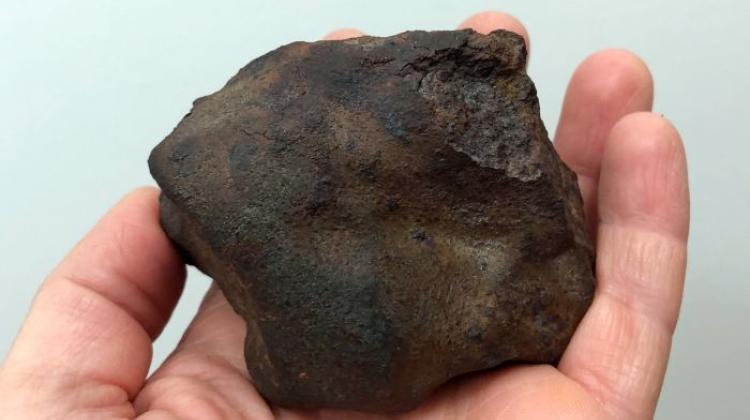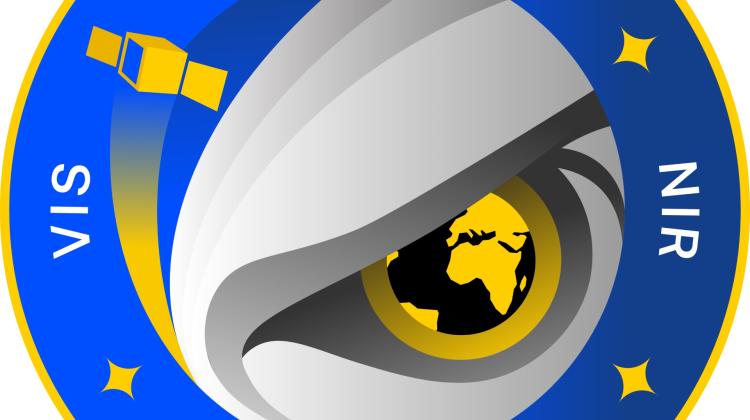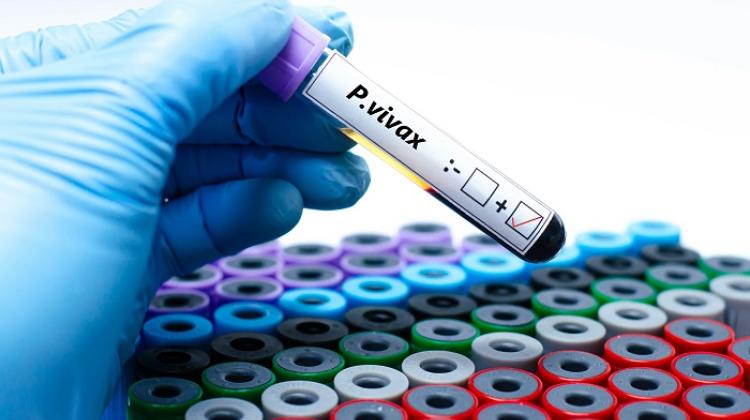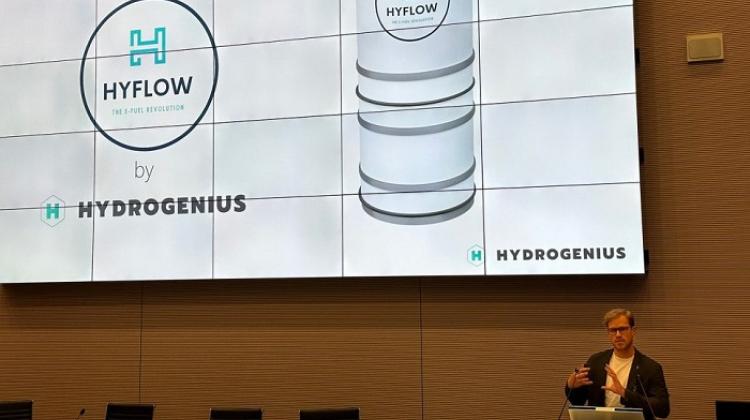First Polish satellite in orbit for a year, another in development
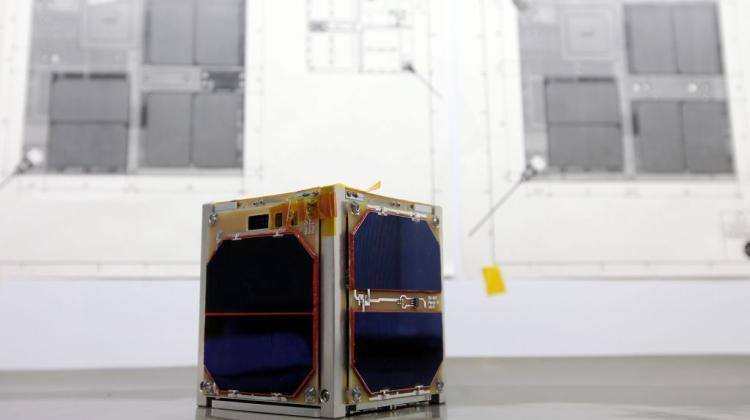
PW-Sat, the first Polish satellite, built by Warsaw University of Technology students and researchers from the Space Research Centre PAS, has been in orbit for a year. Attempts to communicate with the satellite have failed, but students are already planning to build another satellite.
On February 13, 2012, the Polish unit and several other satellites were carried into orbit by Vega, a new launcher of the European Space Agency (ESA).
PW-Sat team reminded in a release sent to PAP that the satellite developed by students was compact (10 x 10 x 11.3 cm). After reaching orbit and extending antennas to communicate with Earth, the satellite was to open an experimental structure: one metre-long tail. The tail was designed to work like a "space brake" and speed up the de-orbiting process (descent from orbit in the atmosphere), which would result in burning of the satellite. In the future, this technology could help reduce the amount of dangerous space debris in orbit, which increases each year. In addition, flexible photovoltaic panels had been mounted in the tail; PW-Sat was intended to test their use in space.
Unfortunately, it turned out that the satellite’s batteries run out much faster than expected, and communication module design flaw probably prevents receiving commands from Earth.
"Without capability to receive commands from Earth, we can not order PW-Sat to open the tail and start the experiment. This is a serious blow to the Polish team, but students do not lose their spirit and continue efforts to contact the satellite. It is worth mentioning that already at this point, PW-Sat has performed its most important, educational mission" - comment the team representatives.
The work on the construction of the satellite involved more than 70 young engineers, for whom it was often the first contact with a space project. Some of them have already graduated and work in companies and institutions related to the space industry in Poland and abroad.
Polish team, along with six other teams from Europe, won a place for their satellite onboard the European Vega rocket in the competition for students organized by the European Space Agency (ESA). After meeting stringent requirements and successfully passing all tests, ESA experts approved PW-Sat for flight onboard their new rocket. Only 3 of 7 student teams completed a successful launch, placing a device in Earth orbit, expanding antennas and receiving a signal from the satellite.
Regardless of the success of attempts to contact the first satellite, Warsaw University of Technology starts working on the satellite’s successor. A large team of students from various university departments has already been formed and in the second half of February it begins working on PW-Sat2.
According to the work schedule, the new satellite will be developed and launched into space within 2.5 years. PW-Sat2 will use the experience gained in the first project to also test technology to combat the problem of space debris. This time, students will build a two times larger satellite, which instead of a tail will open a sail-parachute that should allow the satellite to slow down and burn in the atmosphere.
The team wants to equip the satellite with innovative system for determining its position relative to the Sun (called Sun-Sensor). The work is supervised by Prof. Piotr Wolański of Warsaw University of Technology, authority in the field of astronautics in Poland. The project give another group of Polish students an opportunity to gain first experience in space projects. After graduation, knowledge passed to the members of the team by scientists from ESA and Space Research Centre PAS will help them compete for money from the European Space Agency (which Poland joined in 2012) and build space industry on the Vistula River.
PAP - Science and Scholarship in Poland
lt/ agt/ mrt/
tr. RL
Przed dodaniem komentarza prosimy o zapoznanie z Regulaminem forum serwisu Nauka w Polsce.


